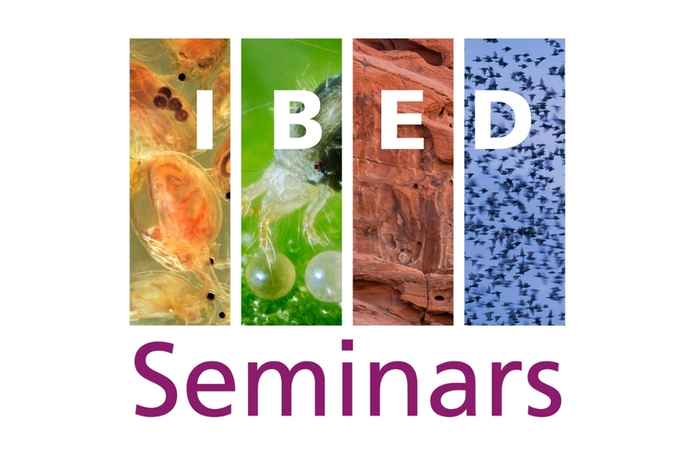IBED Seminar by dr. Charissa de Bekker
- Date
- 23 February 2023
- Time
- 16:00
- Location
- Science Park 904
- Room
- C0.05

Speaker
dr. Charissa de Bekker (Utrecht University)
Abstract
Many carpenter ant species have co-evolved with fungal parasites of the genus Ophiocordyceps, which adaptively manipulate their behaviour. This manipulation is marked by the summiting and biting behaviour that infected ants display during their final hours. Transmission-promoting summiting behaviour is a common manipulation induced by a range of parasites (e.g., baculoviruses, trematodes and other fungi) in various insects including dipterans, lepidopterans and ants. Little is known about the molecular mechanisms employed by these parasites, as well as the affected host pathways that give rise to altered behavioural phenotypes. To fill this knowledge gap, my lab has developed Camponotus floridanus and its manipulating fungal parasite Ophiocordyceps camponoti-floridani into an integrative model to study parasite-host interactions that give rise to manipulated behaviours. We combine comparative transcriptomics and genomics with quantitative behavioral analyses, field surveys and are moving into functional genetics assays. This work, so far, has resulted in the identification of candidate fungal compounds and ant host pathways that appear to be involved in the manipulated summiting. Our field surveys are revealing the natural history of Camponotus-Ophiocordyceps interactions in Florida, and the biotic and abiotic factors involved. Additionally, through behavioral studies, we are learning how behaviors of infected foraging ants change prior to the ultimate summiting behavior. Taken together, these integrative efforts will connect behavioral phenomes of infected and uninfected ants with the underlying genomes of ant hosts and their manipulating fungal parasites.
